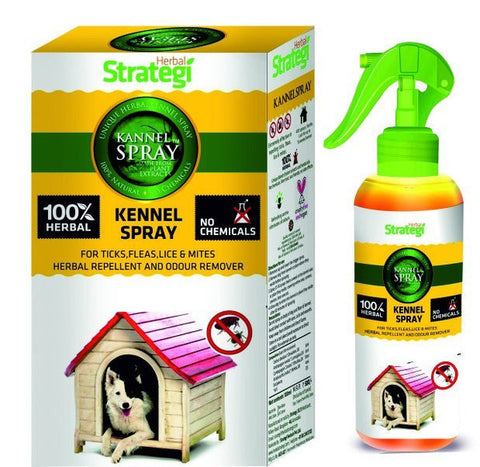
Image Source: Renters.apartments
Though owning a pet can be an amazing experience, there are a few things you should be aware of when you have a pet at home.
The Age of Your Family Members
For children under seven years old, bringing a puppy under 5 months old should be avoided. They might cause unintentional injury to your child with their sharp toenails and milk teeth. You also have to take into consideration the presence of any frail, elderly or physically challenged family members in your house who will be unable to take care of themselves around strong and vigorous adolescent dogs.
Your Child and Your Pet
A pet at home is no doubt, an exciting and thrilling experience for your child. But, it is also important to know the potential health risks that your child may face. With a pet at home your child faces the risk of bites and scratches, allergies or asthma which are triggered by animal fur, saliva and skin flakes, zoonotic diseases, which a child has more chances of contracting than an adult anda probability of choking injuries arising if your child swallows your pet’s toys or food.
You can avoid these risks with appropriate care; supervise your child when he is with the pet; washhands after any contact with the pet, teach your child to be safe when playing with the pet, avoid dangerous situations and respond immediately to any danger signs from the pet.
Hygiene with a Pet Around
Hygiene becomes of utmost importance with an animal around your house; keep your place regularly cleaned and free from your pet’s droppings; prepare your pet’s food away from your own food; and keep your pet’s food bowl and water bowl away from the reach of your young children.
Always remember to wash your hands immediately after handling your pet or its droppings, litter tray, feed bowls, toys or cage. You should also teach your children the art of maintaining hygiene around the pet.
Infectious Diseases Associated with Your Pets
Dogs carry lice and fleas and are associated with diseases such as ringworm, scabies, fungal infection, Toxocariasis, Lyme disease and salmonella to name a few. Many infectious diseases such as Toxoplasmosis, cat scratch fever, Toxocariasis and various intestinal diseases are associated with cats.
Be aware of the signs and symptoms which you or your child may develop in case of infection from your pet. Take your pet immediately to the vet if you feel that your pet is not keeping well. Above all, practice good hygiene at home and ensure that your family members, especially your children do the same.
Don’t Over Groom Your Pet
Brushing your pet’s fur relaxes him; but if you overdo, it might turn out to be dangerous for it. Use a brush with soft bristles which won’t scratch your pet’s skin, and brush only once a week else your pet might land up with skin irritation. Overbathing your dog can also result in your dog’s skin becoming flaky or losing essential oils. Consult your vet on these important issues before proceeding with them.
Feeding Your Pet Right
You have to know which are the foods that you can safely feed your pet without harming its health. Cats and dogs are lactose intolerant and as they cannot produce enough lactase. This makes milk a harmful food for them. There are other foods like raw bones, onions, grapes and garlics which are equally harmful for your pet. Coconut oil is a super-food that contains all the essential nutrients that your pet needs
So if you have a pet in your home, remember that you need to keep in mind many things for the safety and well-being of you, your family members and especially your children and not to forget the well-being of your pet also. Click here to learn more about your pet.




